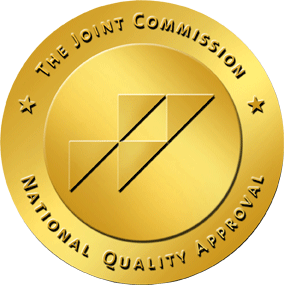HOME EEG TESTING
Breathe Diagnostics provides both Routine and Video Ambulatory EEG testing in the convenience of the patient’s home. All studies can be performed same day, anywhere in Southern California
OFFERING A WIDE RANGE OF
SLEEP DISORDER SERVICES
Our respiratory team offers a high quality, cost-effective service and clinical expertise to
patients suffering from sleep problems. Our innovative laboratory services enhance sleep health.
Our respiratory team offers a high quality, cost-effective service and clinical expertise to patients suffering from sleep problems. Our innovative laboratory services enhance sleep health.

Ambulatory EEG tests offer a much broader and more encompassing look at the electrical activity in your brain. The additional data that the doctors receive has the potential to help them provide you with a more specific and accurate diagnosis simply because they have so much more information at hand.
HOME EEG TEST... WHAT IS IT?
Video Ambulatory testing in the outpatient setting (i.e. at home) is a diagnostic test used to evaluate an individual in whom a seizure disorder is suspected but not conclusively confirmed by the person’s medical history, physical examination, and a previous routing EEG.
An ambulatory EEG allows an extended recording in a patient’s home. The patient is able to move around and is not required to stay in the hospital for the recording.
WHY TEST?
Video Ambulatory EEG should be considered for any of the indications:
- to confirm epilepsy in those individuals experiencing suspected non-epileptic events or classification of seizure type
- to differentiate between neurological and cardiac related episodes
- to adjust antiepileptic medication levels
- to differentiate between epileptic and sleep disorder episodes
- to localize seizure focus for enhanced patient management
- to identify and medicate absence seizures


